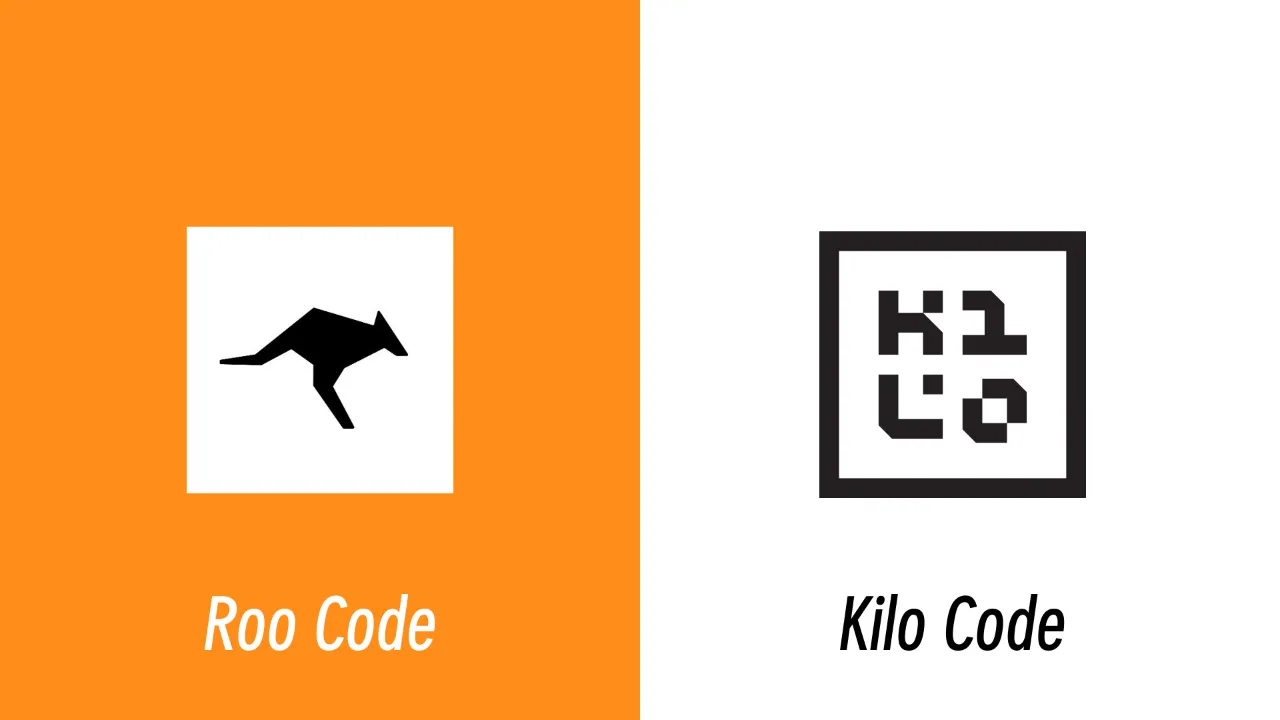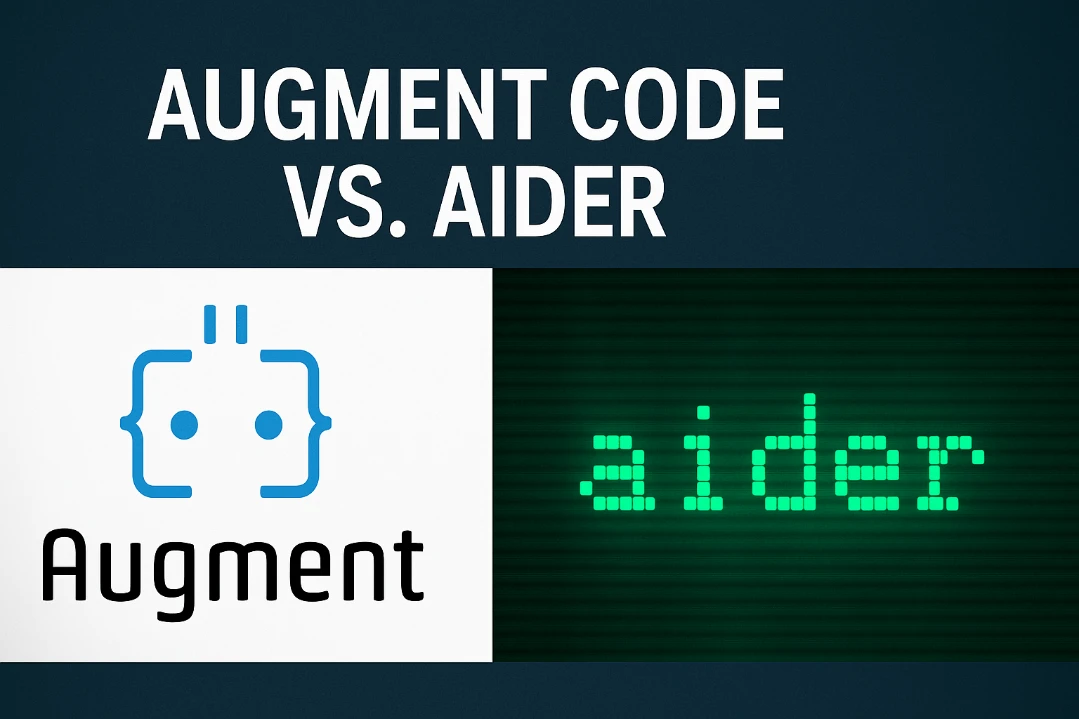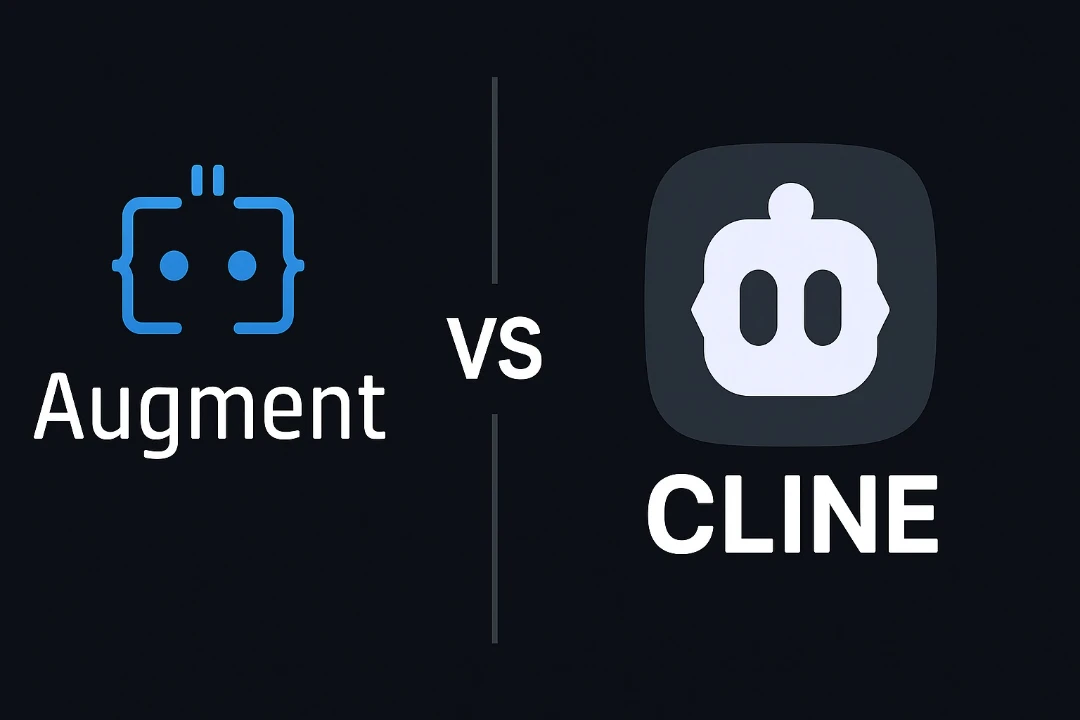
Kilo Code vs Roo Code: Open-Source AI Coding Assistants Compared (2025)
Kilo Code vs Roo Code: Open-Source AI Coding Assistants Compared (2025)
As the demand for AI-powered development tools continues to grow, open-source solutions have emerged as powerful alternatives to proprietary options. This comparison examines two leading open-source AI coding assistants: Kilo Code and Roo Code.
This comprehensive guide will help you understand the key differences, strengths, and ideal use cases for each tool as we move through 2025.
Understanding the Open-Source AI Coding Landscape
Before diving into the specifics, it's important to understand the context of these tools. Both Kilo Code and Roo Code represent the growing trend of open-source AI coding assistants that prioritize transparency, customization, and community-driven development.
While they share many similarities, they take different approaches to AI-assisted coding, each with its own strengths and ideal use cases.
Origin and Philosophy
Kilo Code: The Versatile AI Agent
Kilo Code has established itself as a flexible, open-source AI coding assistant designed specifically for VS Code. It's particularly popular among developers who value customization and control over their development environment.
An open-source AI agent VS Code extension that helps developers write code more efficiently by generating code, automating tasks, and providing suggestions.
Kilo Code's core philosophy centers around:
- Complete open-source transparency with no vendor lock-in
- Multiple agent modes for different coding tasks
- Support for major LLM providers (Anthropic, OpenAI, Google)
- Local model support for privacy-conscious users
- $20 free credits to get started
- No commission on token usage
Roo Code: The Minimalist AI Assistant
Roo Code takes a minimalist approach to AI-assisted coding, focusing on simplicity and efficiency. It's designed to be lightweight while still providing powerful AI capabilities.
Roo Code's philosophy includes:
- Minimalist, distraction-free interface
- Focus on core coding tasks
- Lightweight and fast performance
- Easy setup and configuration
- Strong community support
- Emphasis on developer experience
Core Feature Comparison
Code Generation and Editing
Kilo Code:
- Multiple agent modes (Orchestrator, Architect, Code, Debug)
- Context-aware code generation
- Support for major LLM providers including local models
- Advanced code analysis and suggestions
- Customizable AI behavior
Roo Code:
- Streamlined code generation
- Focus on speed and efficiency
- Lightweight implementation
- Context-aware completions
- Minimal configuration required
Key Difference: Kilo Code offers more advanced features and customization options, while Roo Code focuses on simplicity and speed.
Integration and Extensibility
Kilo Code:
- VS Code extension
- Supports multiple LLM providers
- Local model support
- Open API for custom integrations
- Community-driven extensions
Roo Code:
- Lightweight VS Code extension
- Focused on core functionality
- Fewer dependencies
- Simpler extension model
- Easy to modify and extend
Key Difference: Kilo Code offers more integration options and extensibility, while Roo Code prioritizes simplicity and ease of use.
Performance and Resource Usage
Kilo Code:
- Multiple agent modes may use more resources
- Supports both cloud and local models
- Efficient resource usage for its feature set
- Scales well with project size
Roo Code:
- Extremely lightweight
- Minimal resource usage
- Fast startup and response times
- Ideal for lower-end systems
Key Difference: Roo Code is lighter and faster, while Kilo Code offers more features at the cost of additional resources.
User Experience
Kilo Code
- Feature-rich interface
- Multiple agent modes for different tasks
- More configuration options
- Steeper learning curve
- Better for complex projects
Roo Code
- Clean, minimalist interface
- Focus on core functionality
- Easier to get started
- Lower learning curve
- Better for simpler projects or beginners
Pricing and Accessibility
Kilo Code:
- Completely free and open-source
- Pay only for LLM tokens at provider rates
- $20 free credits to start
- No hidden fees or commissions
Roo Code:
- Completely free and open-source
- No subscription or usage fees
- Community-supported
- No credits or limits
When to Choose Kilo Code
Kilo Code is likely the better choice if:
- You need advanced AI coding features
- You work on complex, large-scale projects
- You want multiple agent modes for different tasks
- You need support for local models
- You value customization and extensibility
When to Choose Roo Code
Roo Code is likely the better choice if:
- You prefer a lightweight, fast solution
- You work on smaller to medium-sized projects
- You value simplicity and ease of use
- You have limited system resources
- You want a minimal learning curve
Conclusion
Both Kilo Code and Roo Code offer powerful open-source AI coding assistance, but they cater to different needs and preferences. Kilo Code is ideal for developers who need advanced features and customization options, while Roo Code is perfect for those who prefer a simpler, more lightweight solution.
For teams working on complex projects or those who need the flexibility of multiple agent modes and local model support, Kilo Code provides the tools needed for sophisticated development workflows. On the other hand, individual developers or those working on smaller projects may find Roo Code's simplicity and speed more appealing.
Ultimately, the choice between Kilo Code and Roo Code depends on your specific requirements, project complexity, and personal preferences. Both tools represent excellent options in the open-source AI coding assistant space as we move through 2025.


